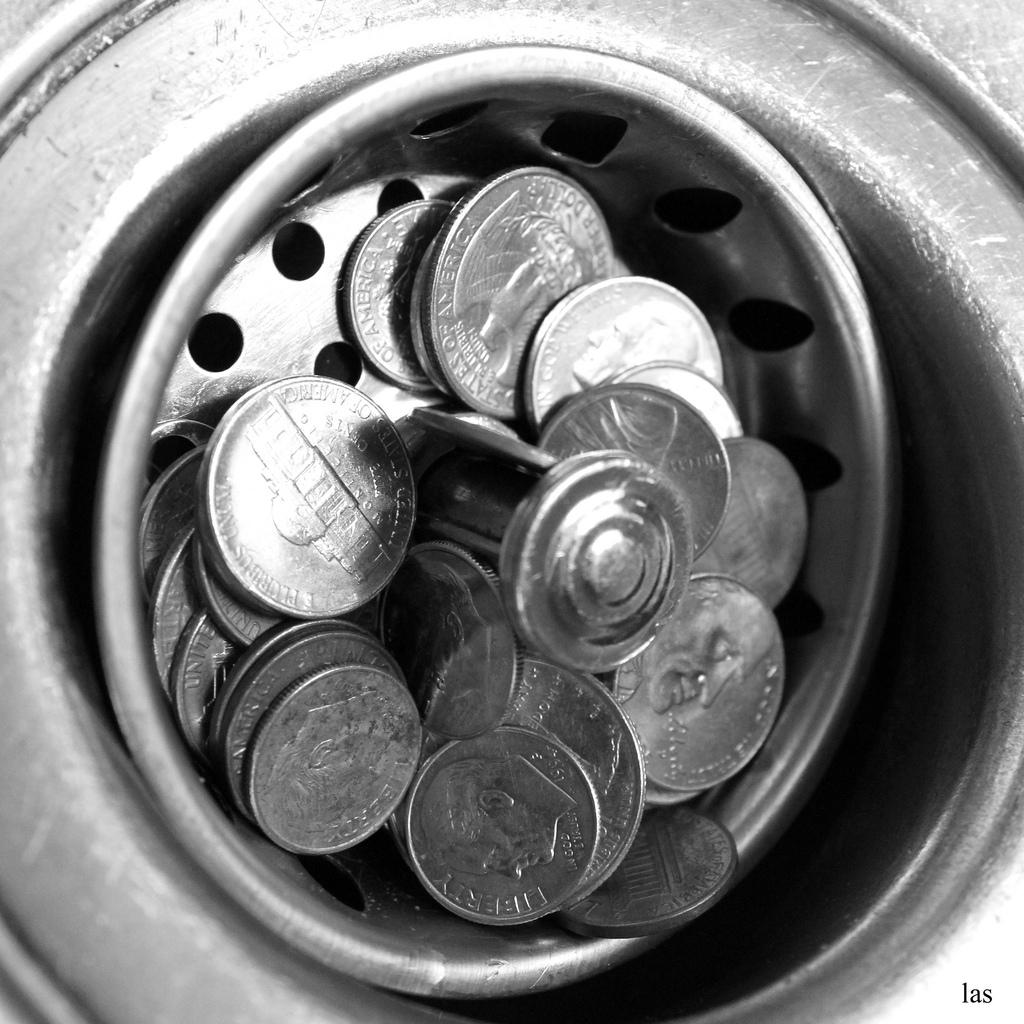How to Responsibly Raise Funds and Successfully Launch your Business Start-up
For anyone with the aspiration of starting a brand new business venture, recent economic events may well have deterred them from this course. More specifically, a global economic downturn and disinflationary pressure
has hit the UK hard in the last month, while a decline in the real estate market has also taken its toll. This may encourage many to delay the launch of their product or business, although it is possible to initiate a successful start-up so long as you consider organic funding options and adopt a responsible approach to budgeting.
3 Funding Options for Business Start-ups in the Current Climate
With this in mind, what practical steps can you take to raise funds and launch your start-up in a safe and responsible manner? Consider the following options: –
- Engage in Product Presales
With the economy set to encounter further decline in the coming financial quarter, lenders are likely to tighten their belts and restrict the flow of business credit. This may actually serve as a blessing in disguise for ambitious entrepreneurs; however, as opening lines of credit in the current climate can be extremely risky and ultimately counter-productive. Instead, product orientated start-ups may want to consider preselling their goods to a targeted audience, as this will develop initial revenue streams that can be subsequently used to create a commercial infrastructure and launch a wider brand.
- Maximise your Personal Wealth
On a similar note, you should avoid taking out large-scale personal loans in an effort to launch your new business start-up. This will encumber you with debt and restrict your personal finances, so it would be more prudent to maximise your earnings and wealth prior to becoming an entrepreneur. Whether you achieve this through the use of high interest savings accounts or the financial markets is entirely up to you, but the key is to operate according to your strengths and boost your income levels organically.
- Sell Goods and Unwanted Items
If your business idea is time sensitive, you may not have the opportunity to engage in product presales or generate personal income. Instead, you may be forced to take more drastic action, such as capitalising on the equity that you hold in unwanted items and material possessions. The thrift market has exploded in developed economies over the course of the last five years, with the result that it has never been easier to sell second-hand goods and turn unwanted possessions into disposable income.

